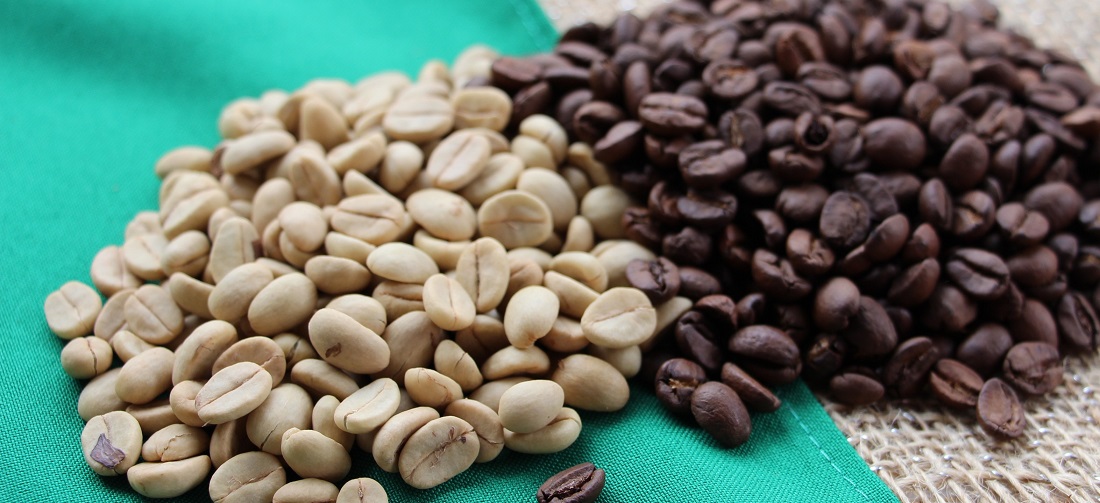
Government eliminates tariffs on food imports and reduces tech tariffs by 10%
Mar, 22, 2022 Posted by Gabriel MalheirosWeek 202212
The Ministry of Economy announced a reduction in import tariffs on two fronts on Monday, March 21, one of which will last until the end of the year and the other will be permanent. The first, classified by the ministry as a short-term measure, eliminated tariffs on food imports, specifically on seven products that significantly impact the National Consumer Price Index (INPC): coffee, margarine, cheese, pasta, sugar, soy oil, and ethanol.
In addition, a 10% cut was made in tariffs linked to capital goods and information technology. The first measure comes into force on the 23rd, when both will be published in the Federal Government’s Official Gazette, though the reduction applied to tech goods will only come into force on April 1.
The ministry calculates that setting the ethanol tariff to zero will bring the price of gasoline down “by around 20 cents,” according to Foreign Trade Secretary Lucas Ferraz. But, according to him, this does not prevent “the price from continuing to rise” due to external factors. “Our idea is to have a supply shock,” he said, noting that “the scenario [of production bottlenecks] grew increasingly more worrisome with the war.”
On the other hand, the executive secretary of the Ministry of Economy, Marcelo Guaranys, acknowledged that the government is concerned “with the impacts of inflation on the poorest population and citizens in general.”
“That will not solve the inflation problem, which we attack with monetary policy,” he said, “but it will have a significant impact.”
The Ministry of Economy has no projections for the effects of the reductions on the INPC. “However, we expected that price levels will drop,” Ferraz said.
Previous tariffs on food imports were 9% for coffee and soy oil, 10.8% for margarine, 14.4% for pasta, 16% for sugar, 18% for ethanol, and 28% for cheese.
Concerning the total reduction of 20% in the tax on capital goods and information technology (the government already reduced the rate by 10% last year), Ferraz stated that the measure “will cumulatively add” an increase of R$ 282.5 billion to the Brazilian Gross Domestic Product (GDP) over the next 18 years.
The structural nature of this reduction has been highlighted by all members of the Ministry of Economy, ensuring that it will positively impact the country’s productivity. Ana Paula Repezza, executive secretary of the Chamber of Foreign Trade (Camex), recalled that Mercosur rules allow unilateral reductions. The bloc’s partners have a kind of license to do so in the case of capital and information technology. She also highlighted the fact that both measures were “approved unanimously.”
According to the Secretary of Foreign Trade, the tax exemption associated with the measures is “low,” amounting to R$ 1 billion per year. He also emphasized that the reductions are in accordance with the Fiscal Responsibility Law (LRF) because import taxes are regulatory, which means that the rate cuts do not necessitate compensation.
“We intend to announce even more things this week, things related to credit and the reduction of the Brazil cost,” said Guaranys, stating that these announcements depend on the agenda of President Jair Bolsonaro.
Source: Valor Econômico
To read the full original article, please go to:
-
Blog News (ENG)
Sep, 09, 2022
1
Brazilian fruit sector estimates 15% drop in exports
-
Other Logistics
Sep, 28, 2022
0
Bioceanic Road Corridor to bring costs 12.63% down per tonne
-
Trade Regulations
Jan, 27, 2022
0
WTO authorizes China to apply retaliation tariffs against the U.S.
-
Automotive
Mar, 03, 2022
0
Brazil’s exports of high-tech products fall to worst level since 2001

